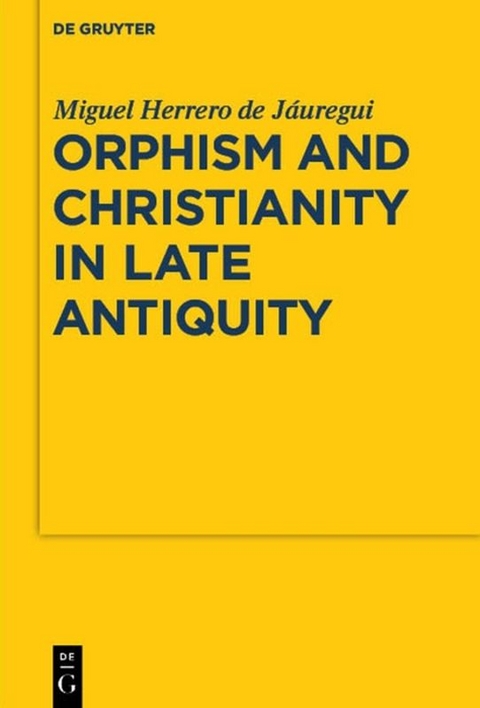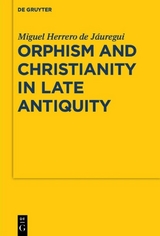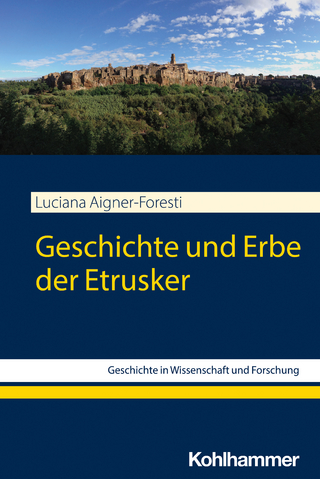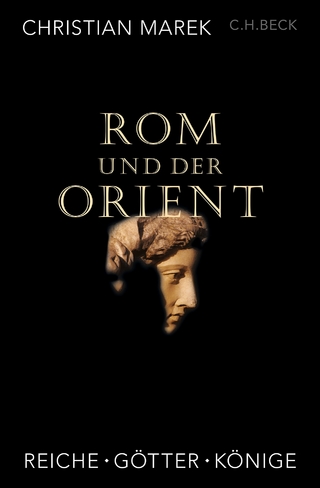Orphism and Christianity in Late Antiquity
Many recent discoveries have confirmed the importance of Orphism for ancient Greek religion, philosophy and literature. Its nature and role are still, however, among the most debated problems of Classical scholarship. A cornerstone of the question is its relationship to Christianity, which modern authors have too often discussed from apologetic perspectives or projections of the Christian model into its supposed precedent. Besides, modern approaches are strongly based on ancient ones, since Orpheus and the poems and mysteries attributed to him were fundamental in the religious controversies of Late Antiquity. Both Pagan and Christian authors often present Orphism as a precedent, alternative or imitation of Chistianity.This free and thorough study of the ancient sources sheds light on these controversial questions. The presence of the Orphic tradition in Imperial Age, documented by literary and epigraphical evidence, is confronted with the informations transmitted by Christian apologists on Orphic poems and cults. The manifold Christian treatments of Pagan sources, and their particular value to understand Greek religion, are illuminated by this specific case, which exemplifies the complex encounter between Classical culture and Jewish-Christian tradition.
Miguel Herrero de Jáuregui, Universidad Complutense de Madrid, Spain.
"Altogether, the reader is justified in feeling that he has come to a better knowledge of the books, beliefs, and rites of Orphism, of the Christian apologists and their encounter with Greek religion and ideas, and of the specific texts discussed here. He has found, moreover, a resource to which he can return for insight and direction on these and many related matters for years to come. For this contribution, once again, Herrero de Jáuregui is to be thanked."Benjamin Garstad in: Bryn Mawr Classical Review 2010.10.52 "In seinem Werk ist H. insgesamt eine überzeugende, kenntnisreiche, gut lesbare Darstellung eines der kompliziertesten (und in der Vergangenheit umstrittensten) Phänomene der Antike gelungen."Oliver Schelske in: Gnomon 85, 2013
"Altogether, the reader is justified in feeling that he has come to a better knowledge of the books, beliefs, and rites of Orphism, of the Christian apologists and their encounter with Greek religion and ideas, and of the specific texts discussed here. He has found, moreover, a resource to which he can return for insight and direction on these and many related matters for years to come. For this contribution, once again, Herrero de Jáuregui is to be thanked."
Benjamin Garstad in: Bryn Mawr Classical Review 2010.10.52
"In seinem Werk ist H. insgesamt eine überzeugende, kenntnisreiche, gut lesbare Darstellung eines der kompliziertesten (und in der Vergangenheit umstrittensten) Phänomene der Antike gelungen."
Oliver Schelske in: Gnomon 85, 2013
| Erscheint lt. Verlag | 26.3.2010 |
|---|---|
| Reihe/Serie | Sozomena ; 7 |
| Verlagsort | Berlin/Boston |
| Sprache | englisch |
| Maße | 155 x 230 mm |
| Gewicht | 785 g |
| Themenwelt | Geisteswissenschaften ► Archäologie |
| Geschichte ► Allgemeine Geschichte ► Altertum / Antike | |
| Geisteswissenschaften ► Philosophie ► Philosophie Altertum / Antike | |
| Schlagworte | Christentum, Geschichte • Dionysus • Dionysus; Orpheus; Orphism (Religion); Reception (Religion) • Hardcover, Softcover / Geschichte/Altertum • Orpheus • Orphism (Religion) • Orphismus • Orphismus (Religion) • Reception (Religion) • Rezeption (Religion) • Spätantike; Religion |
| ISBN-10 | 3-11-020633-1 / 3110206331 |
| ISBN-13 | 978-3-11-020633-3 / 9783110206333 |
| Zustand | Neuware |
| Informationen gemäß Produktsicherheitsverordnung (GPSR) | |
| Haben Sie eine Frage zum Produkt? |
aus dem Bereich




